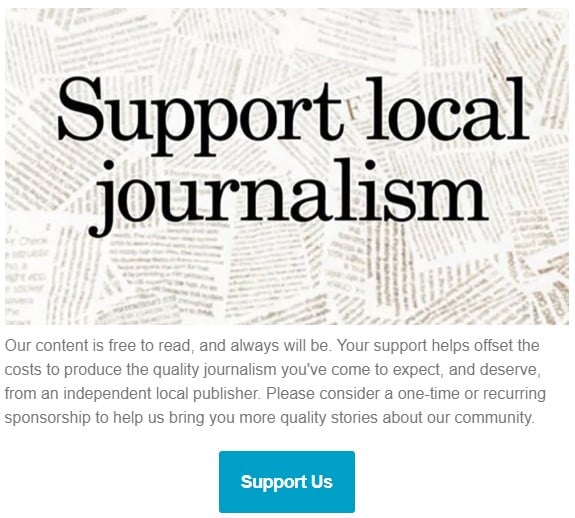Climate problems may seem overwhelming, but people all around this great nation are taking action. This week’s column looks at MASSACHUSETTS and the question is: What recycling innovation came out of Massachusetts that is bringing new green industry to other parts of the US, and how is it linked to energy efficiency?
Massachusetts is one of 10 states that has long had a state bottle recycling program. Although the Bottle Bill needs a major update it couples well with successful curbside recycling in many communities, and places the state consistently high in energy efficiency, according to the American Council for an Energy Efficient Economy which lists states by various efficiency measures.
Leading by example, Boston is the first US city to include green building standards through municipal zoning requirements, as part of the overall plan to reduce its greenhouse gas emissions. Construction and the built environment account for about a third of the US carbon footprint. If you are interested in the building trades or want to learn about the US Green Building Council and its Leadership in Energy and Environmental Design (LEED) standards, have a listen to this interview with a veteran of Boston’s Redevelopment Authority:
The Green Building Matters Podcast with Charlie Cichetti (Dec. 23, 2020)
Episode: Greening the City of Boston with Senior Architect John Dalzell [41 mins]
Energy efficiency has long gone hand-in-hand with active recycling programs. The 10 Bottle Bill states are nearly all among the top 20 in energy efficiency overall. Perhaps the common denominator is the desire to not squander precious resources in any sector.
An easy argument for the Bottle Bill is that it diverts waste from landfills. Did you know that recycling also reduces the amount of energy and natural resources needed to produce containers in the first place? In the case of aluminum recycling, it saves a whopping 90% in energy costs to recycle and reclaim/reuse this valuable metal as compared with the cost to produce it. If you recycle anything, let it be that beer or pop aluminum can! In the case of cardboard, keeping it out of landfills is an important diversion of an organic, renewable resource (trees) where decomposition emits methane.
What about more complex products such as batteries? They are becoming more prominent in our lives by powering electric vehicles & tools electronic devices, and storing energy from renewable power sources such as solar and wind. A circular system is needed to reclaim the battery components, especially cobalt which has high financial/environmental extraction costs.
Ascend Elements, a company just outside Worcester MA (“Woostah”), devised a process to reclaim metal atoms from EV batteries and increase their performance. It has opened a plant in Georgia and soon, Kentucky. This four-minute video will give you the basics:
YouTube: Q&A with Mike O’Kronley (5/24/22)
An update on their 2023 achievements proves the technology is here to stay.
If you are a motor head (or investor), you can really get into the weeds on EV battery recycling by listening to this podcast, presented by HELLA, the German-based automotive company operating in over 35 countries:
Tech Talks Podcast: Automotive Trends (10/6/21)
Episode 14: Recycling EV Batteries with Mike O’Kronley [26 mins]
Let me know if you have a podcast to recommend, have a comment about my column, or have trouble finding a particular podcast I’ve mentioned. Happy listening!
[email protected]
Note: This column, part of a series looking at examples of positive climate action, state-by-state, first appeared in the Forest Press 09-21-2022. If you are interested in this state’s topic, check online for updated news, as a lot may have changed in a year and a quarter.































